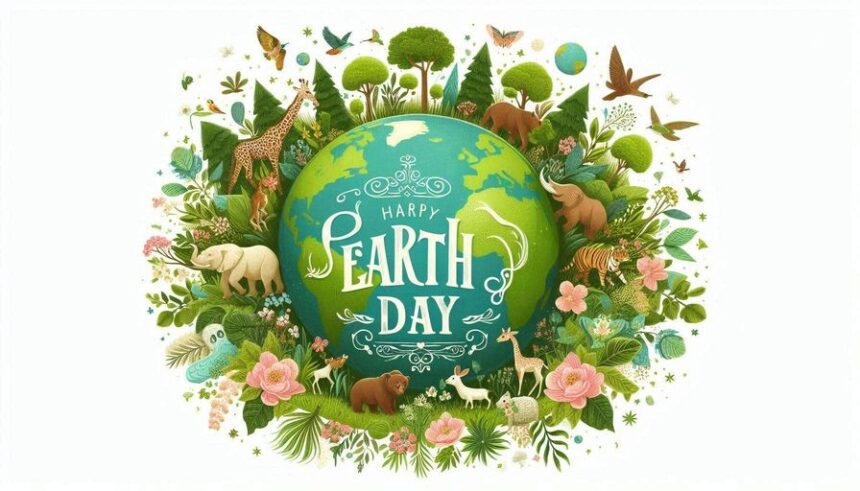As April 22nd approaches, the world gears up to celebrate Earth Day, a global event aimed at raising awareness about environmental issues and promoting actions to protect our planet. Since its inception in 1970, Earth Day has become a pivotal moment for millions around the world to reflect on the state of our environment and take collective action to preserve it for future generations.
Why is Earth Day Celebrated?
Earth Day serves as a reminder of the importance of environmental conservation and sustainable practices. It originated as a response to the growing concern over pollution, deforestation, and other environmental threats that were impacting ecosystems and human health. Senator Gaylord Nelson of the United States, the founder of Earth Day, envisioned it as a day to inspire individuals, communities, and governments to prioritize environmental protection.
More Read
The Importance of Earth Day:
Earth Day holds significant importance in the global effort to address climate change, biodiversity loss, and other environmental challenges. It serves as a catalyst for environmental advocacy and action, encouraging people to adopt eco-friendly habits, support conservation initiatives, and advocate for policies that promote sustainability. Moreover, Earth Day fosters a sense of global solidarity, reminding us that the fate of our planet is intertwined with the actions of every individual and nation.
Earth Day reminds us that our planet is not just a place we inhabit, but a living, breathing entity deserving of our care and respect.
Key Points to Highlight:
Climate Action: Earth Day emphasizes the urgent need for climate action to mitigate the impacts of climate change, such as rising temperatures, extreme weather events, and sea-level rise. It promotes initiatives to reduce greenhouse gas emissions, transition to renewable energy sources, and protect vulnerable ecosystems.
Biodiversity Conservation: Earth Day underscores the importance of preserving biodiversity, which is essential for the health of ecosystems and human well-being. It raises awareness about the threats to wildlife and habitats, such as habitat destruction, poaching, and pollution, and encourages efforts to conserve and restore biodiversity.
Environmental Education: Earth Day is a platform for environmental education and outreach, empowering people with knowledge about environmental issues and solutions. It promotes environmental literacy in schools, communities, and workplaces, fostering a deeper understanding of the interconnectedness of human activities and the environment.
Community Engagement: Earth Day brings people together to participate in local and global environmental initiatives, from tree plantings and beach cleanups to sustainability workshops and climate marches. It strengthens community bonds and collective action, demonstrating the power of grassroots movements in driving positive change.
Policy Advocacy: Earth Day advocates for policies that promote environmental protection, sustainability, and social justice. It mobilizes citizens to engage with policymakers, advocate for stronger environmental regulations, and support initiatives that prioritize the health of people and the planet.
Looking Ahead
As we celebrate Earth Day this year and beyond, let us reaffirm our commitment to protecting and preserving our planet. Through individual actions and collective efforts, we can create a more sustainable and resilient world for future generations. Earth Day serves as a powerful reminder that every day is an opportunity to make a positive impact on the environment and build a more sustainable future for all.











